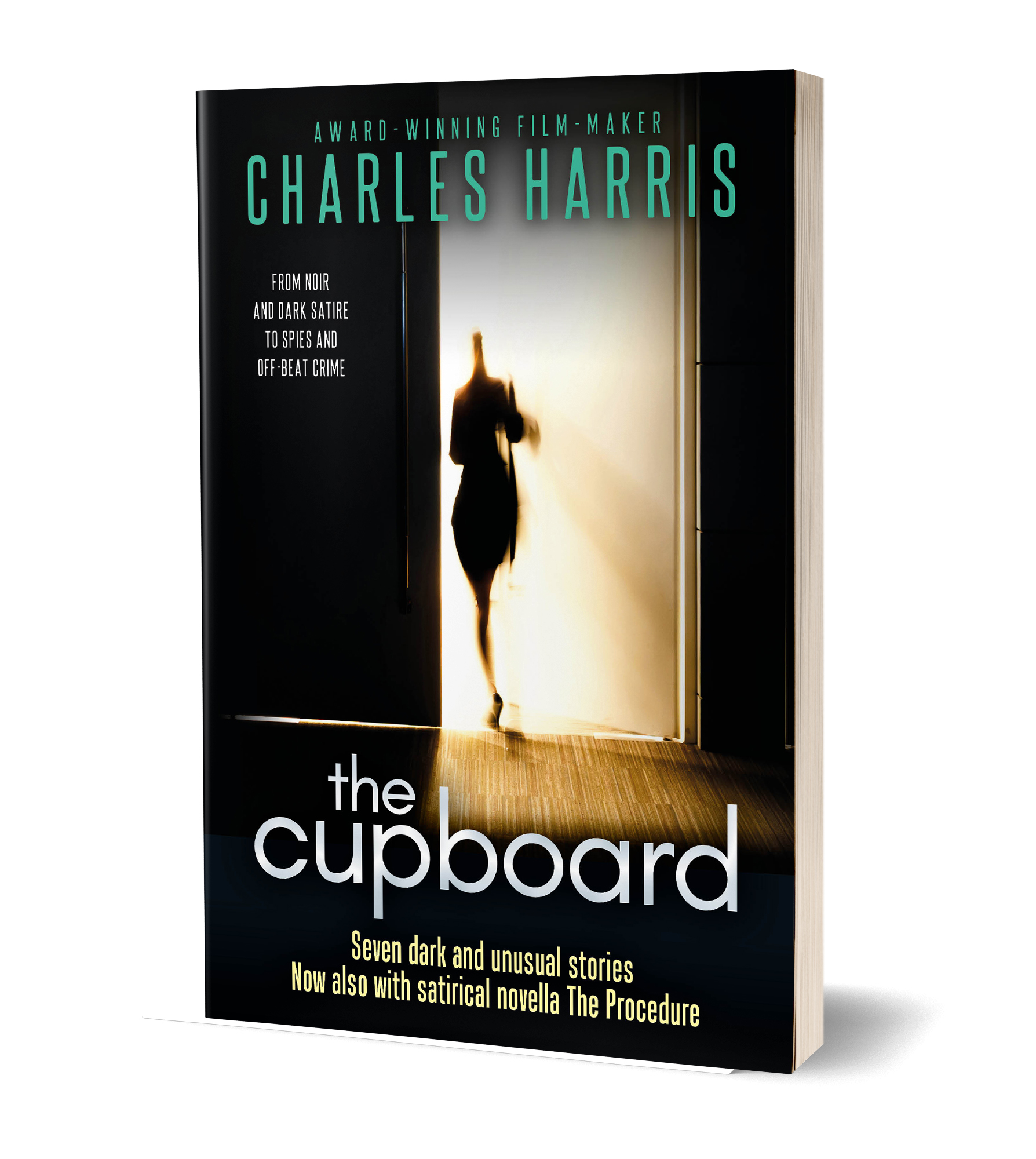A plague on both your houses
25 Wednesday Mar 2020
Written by Charles Harris in Books, Historical, Life, Psychology
Tags

So now we are visited by the plague, it seems. Plague is an archetype that goes back deep into our histories.
Perhaps the most famous plague quote comes from Romeo and Juliet – when Mercutio, dying, curses the two families whose antagonism causes the tragedy to unfold.
“A plague o’ both your houses.”
It’s interesting, now that we are ourselves suffering, to realise how much more pungent that curse must have seemed to an earlier Elizabethan audience. At a time when disease lapped at every door.
Of course, technically, Coronavirus is not a plague. Strictly speaking, plague comes from a bacterium not a virus. But the archetype is the thing.
Plague is deeply ingrained in our psyche. It is an invisible, inexorable enemy. It strikes in the night and the innocent suffer as much as the guilty.
Under the name of Pestilence, plague even counts as one of the Four Horsemen of the Apocalypse.
The most famous plagues come from the Bible and from the Middle Ages (notably the Black Death). But we’ve had more recent plagues. The 1918 flu pandemic has been talked of a great deal recently, in the hope that it can teach us how to survive.
More recently still, we’ve had HIV/AIDS (still around, though largely forgotten by the media). And Ebola.
No justice
However, these have often been easy to sideline. They largely affected people who lived in poorer countries or adopted non-conformist life-styles. It was tempting, for some, even to find a moral dimension. To conclude that somehow the sufferers brought the plague upon themselves.
But Coronavirus is different. It’s striking right at the heart of our society in a way that we haven’t seen for over a century. Even celebrities and royals are getting it!
And there is no – misguided – sense of justice to it. No attempt to depict sufferers as somehow deserving what they get.
An archetype is not the same as a stereotype. A stereotype is a lazy cliché. A cardboard cut-out of an idea. An archetype is more complex and thought-provoking.
Many psychologists – especially Carl Jung and James Hillman – have studied archetypes in great depth and used them as tools to understand the mind.
And they run throughout our lives: archetypes such as Hero, Villain, Healer, Monarch, War, Hunger…
Plague literature
Unlike stereotypes, though, they are rarely simplistic and have both positive and negative sides. A Hero, for example, can be (of course) heroic, but also violent – strong but also unthinking.
Hunger can be dreadful, but it can also spur you to action.
Plague, too, is both dreadful but it also brings change. The Black Death brought dramatic shifts in medieval society.
Plague has also inspired classic literature. If you’re currently self-isolating, you might do worse than download a few plague books.
See, for example, how England managed (and mismanaged) plague in the 17th century in Daniel Defoe’s A Journal of the Plague Year. Though Defoe was only five at the time of the Great Plague of 1665 (the book came out almost sixty years later) the detail and verisimilitude is striking.
Rose Tremain approached the same plague in Restoration but with the very different aim of using it as a way into exploring a colourful but flawed age with interesting parallels to our own.
Plague thrillers
There have been many apocalyptic plague thrillers in recent years, but perhaps the greatest plague novel ever written must be Albert Camus’ La Peste (The Plague) which tells the fictional story of a plague-struck town in Algeria.
Basing it on the very real plagues which swept through Oran in the nineteenth and twentieth centuries, Camus creates an allegory of the rise of a more political pestilence, such as Nazism. And his even, intelligent, unfussy prose is more frightening, in the end, than the more strenuous efforts of most later pandemic-thriller writers.
Will this latest plague create any great literature? Or lead to significant change?
Perhaps. People are already talking of it healing our politically divided societies. Creating a stronger sense of community.
Though other, more cynical, say it won’t last.
And already pollution is dropping as people stay at home, doing what previously was unthinkable. There is talk of clear skies in China and clear waters in Venice. Things which hadn’t been seen for years.
Perhaps this latest plague will be seen as a first dry-run for dealing with the climate crisis. The planet’s attempt to force the human race to see sense. Or, more pessimistically, the planet’s attempt to get rid of us altogether.
Who knows? We will (hopefully) see.
Stay safe.
Read more
Free to read online: Daniel Defoe’s A Journal of the Plague Year
Albert Camus’ La Peste (The Plague)


Tell people what you think